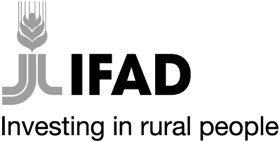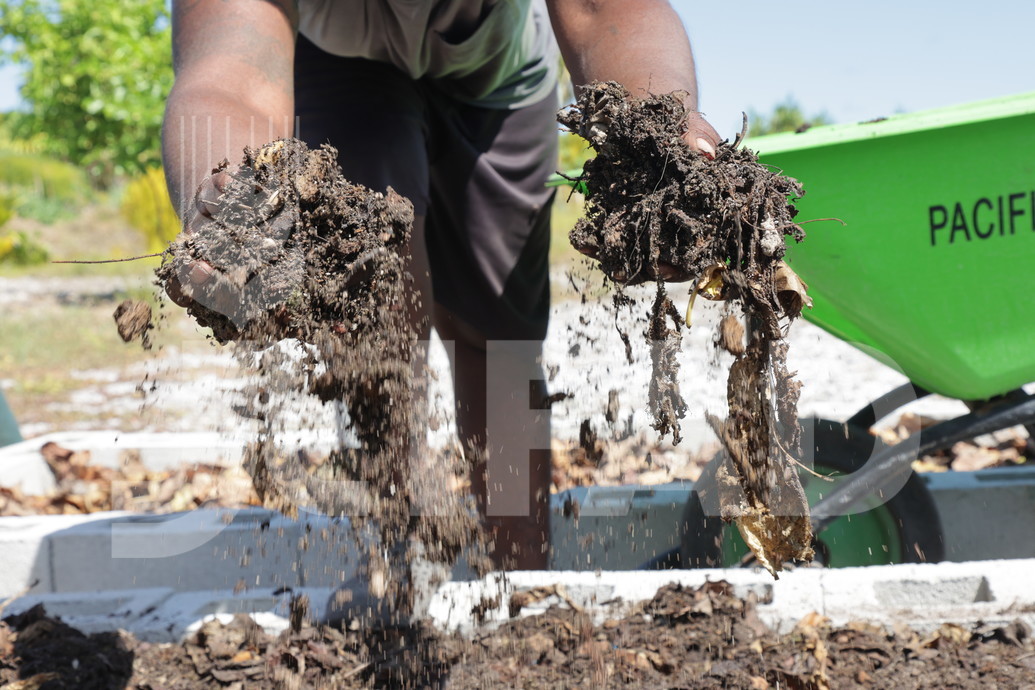| ID: | 83764 |
|---|---|
| Country: | Kiribati |
| Title: | Kiribati – Pacific Islands Rural and Agriculture Stimulus Facility (PIRAS) – November 2022 |
| Description: |
Working through the Atolls Food Future Project, implemented by Live & Learn Environmental Education (L&L), PIRAS is teaching small-scale vegetable producers how to make compost using the simple, yet innovative keyhole technique. The low-cost and low-tech solution is easily accessible to communities with limited resources. Participants in the L&L training receive materials and equipment to get them started. The compost improves soil health and growing conditions and increases productivity by increasing moisture and nutrient retention. One of the advantages of keyhole composting is that it can be done with waste materials that are abundantly available in most households on the island. Kitchen scraps, grass clippings, coconut husks and leaves not only provide rich nutrients, but also reduce waste that would otherwise pollute the environment. The topsoil provides microorganisms that help break down the organic matter. Gardeners dig a circular hole or trench about one meter in depth and place wood into the bottom before alternating layers of organic materials, such as wood ash and straw, mixed with topsoil. They repeat the operation from time to time, recycling the bottom strata each time. A composting basket holding additional organic material is buried in the mixture to improve aeration and drainage, essential to the composting process. As an added benefit to improving soil health and increasing agricultural productivity, keyhole composting is helping communities strengthen their food security, improve nutrition, and provide new income-generating opportunities. Launched in 2022 in collaboration between IFAD and the Australian Government, the Pacific Islands Rural and Agriculture Stimulus (PIRAS) Facility is a regional initiative that aims to minimize the impact of the COVID-19 pandemic on rural island households. The programme supports food system and economic recovery by prioritizing food self-reliance, improving local nutrition and developing sustainable, equitable agricultural livelihood opportunities for rural communities in Fiji, Kiribati, Samoa, Solomon Islands, Tonga and Vanuatu. In Kiribati, PIRAS works in collaboration with the Atolls Food Future Project, implemented by Live & Learn Environmental Education, and focuses on increasing farm production, nutrition and climate resilience by providing farmers and gardeners with nutrition-sensitive seedlings and planting materials, labour-saving tools, and equipment. It trains them in the safe use and maintenance of water tanks, composting production and soil preparation, and liquid fertilizer production and application. |
| Size: | 6.03 MB; 5472 x 3648 pixels; 463 x 309 mm (print at 300 DPI); 1448 x 965 mm (screen at 96 DPI); |
| Copyright: | © IFAD/ Barbara Gravelli |
| Categories: | New from Asia and the Pacific |

